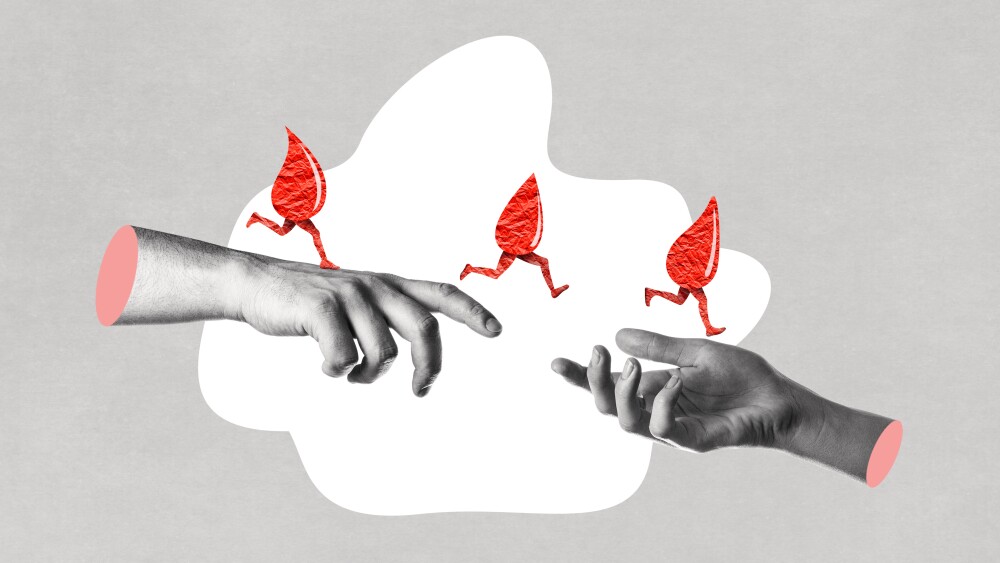The FDA’s approval of Eli Lilly’s obesity drug Zepbound intensifies an already heated battle with Novo Nordisk’s Wegovy in the lucrative weight-loss drug market, as other drugmakers hope to get a piece of the action.
The other shoe finally dropped this week in the lucrative weight-loss market, with the FDA’s much-anticipated approval of Eli Lilly’s obesity drug Zepbound (tirzepatide). The regulatory decision on Wednesday cleared tirzepatide, which was previously approved for type 2 diabetes as Mounjaro, under the brand name Zepbound to treat obesity and overweight patients who also have weight-related medical problems such as hypertension, dyslipidemia, obstructive sleep apnea or cardiovascular disease.
As if it was ever in doubt, the market for weight-loss drugs is now officially a two-horse race between Novo Nordisk’s Wegovy (semaglutide) and Lilly’s Zepbound. The FDA’s greenlight for the latter will intensify an already heated battle between these two pharmaceutical giants.
Zepbound’s “arrival to the obesity space is set to raise the competition for Novo Nordisk’s Wegovy as a gold-standard therapy,” Sara Reci, senior pharma analyst at GlobalData, wrote in a Friday note. In the U.S., Zepbound is forecast to reach sales of $4.1 billion by 2031, “gradually approaching the forecasted sales of $8.1 billion for Wegovy,” according to Reci.
She makes the case that “one of the hurdles faced with prescribing therapies for obesity is insurance coverage” but “coverage for Zepbound will be of a similar nature to the coverage available for Wegovy,” adding that the competition between Novo and Lilly to win patient shares for this indication will be “fierce and one to watch out for.”
While both companies are facing manufacturing challenges in their efforts to keep up with the overwhelming demand for their respective GLP-1 drugs, Reci contends that they have invested in manufacturing infrastructure to overcome these hurdles. In response to skyrocketing demand for Wegovy, Novo announced Friday that it is investing more than $6 billion to expand production capacity in its home country of Denmark.
Still, other major drugmakers are looking to get a piece of the weight loss action.
“The need for therapies with better efficacy, which provide better weight loss benefits is an area that pharmaceutical companies continue to focus on for this indication that is anticipated to reach a value of $27.6 billion in the U.S. by 2031,” according to Reci.
AstraZeneca this week inked a potential $2 billion licensing agreement with Shanghai-based biotech Eccogene for a Phase I oral GLP-1 being developed for obesity, type 2 diabetes and other cardiometabolic diseases. While AstraZeneca lags far behind its Novo and Lilly competitors in the weight loss space, the British-Swedish biopharma insists that Eccogene’s oral molecule could offer viable alternatives to the current injectable therapies from the aforementioned companies.
Among the most common side effects of Wegovy and Zepbound injections are nausea, diarrhea, abdominal pain, vomiting and constipation. However, AstraZeneca CEO Pascal Soriot told Fox Business on Thursday that his company is working on the next generation of obesity drugs that will have less side effects, such as nausea and vomiting.
Eccogene’s ECC5004 is a “small molecule that has very high absorption, doesn’t stay in the stomach for too long and therefore generates less nausea side effects in patients,” according to the French-born Soriot. Bon appétit!
Greg Slabodkin is the News Editor at BioSpace. You can reach him at greg.slabodkin@biospace.com. Follow him on LinkedIn.






